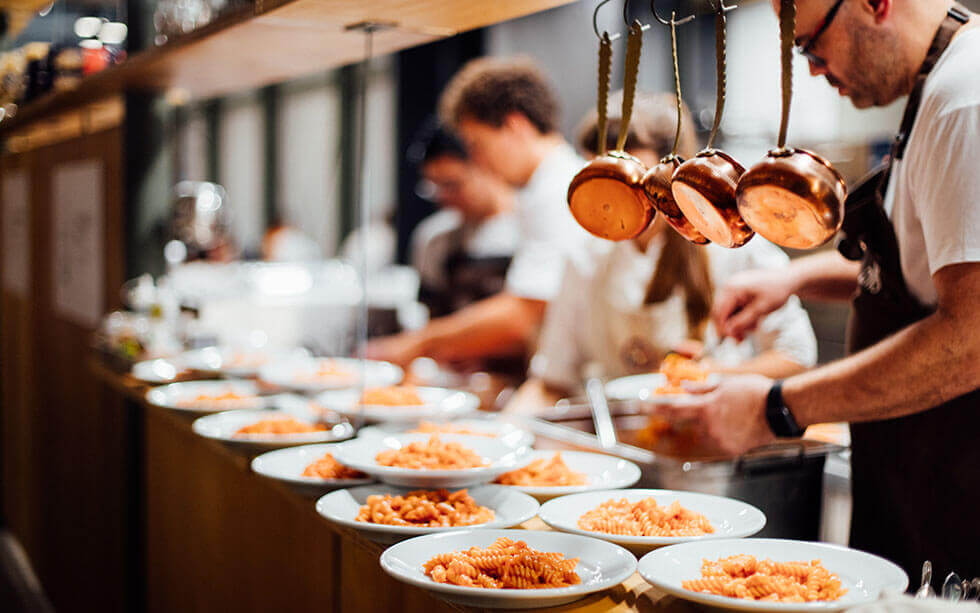In this age of consumptive lifestyles, food marketing has become a complex and highly sophisticated endeavor. It’s not just about showcasing items on the shelves of stores, it’s about creating a memorable atmosphere, invoking emotion and creating a brand which resonates with the target audience. The world of food marketing covers everything from traditional advertising within supermarkets, to the ensuing digital world in social media. In this post, we will delve into the details of food-related marketing by exploring its background along with its strategies, obstacles, and the significant role that it plays in shaping our dietary options and our preferences.
Food marketing is a method of persuasion, where every element including packaging design, to advertising campaigns, is meticulously crafted to seduce the senses. Food products’ visual appeal items, with high-definition photos and vivid packaging, creates desire and appetite. In this era of the internet, Instagram-worthy meals do not only apply to luxurious restaurants. They are also being applied to products that are used in everyday life. Food manufacturers know that an exquisitely presented dish made from scratch or purchased, can generate an organic stream of content, and even popularity on platforms like Instagram and TikTok.
Also, the manner in which the product is presented will affect the value of its product. The elegant packaging, the luxurious designs, and stunning fonts can make even the most common items appear like luxurious foods. Think of a beautifully designed chocolate bar wrapper or perfectly styled fast-food burger in a commercial. The visual clues are tapped into the subconscious of our mind, proving that the item is worth paying for it.

In an era of aplethora of foods, companies are turning increasingly to narrative for a way to stand out. It’s not about selling a product; they’re selling an experience, a journey, food marketing has embraced the narrative, giving us an insight into the background of their ingredients, the passion of chefs, as well as the culinary heritage of the dishes. This storytelling not only adds the depth of a brand, it also helps create a sense of trust and intimacy. Once we are aware of the history behind our meals, it’s more than a mere dinner; it’s a integral part of our personal story. To find further details kindly look at Manacomunicazione
The advent of the digital technology has transformed the way food marketers market their products. Social media platforms particularly they have been a crucial tool to reach consumers. Food bloggers and influencers wield considerable influence, shaping trends and dictating what’s “in” and what’s not. Also, e-commerce makes it much easier for shoppers to have access to a wide assortment of food items, as well as personalised ads on the internet to make sure that we are exposed to foods that match our needs and needs. While this digital transformation is opening up new avenues for marketers, it also has raised privacy concerns since personal information is being employed to identify individuals with exactness.
As society becomes more health-conscious and environmentally aware, food marketing faces new issues. Customers are seeking transparency regarding the nutritional content of products and are able to demand initiatives like the front of-package labeling. Sustainability is also growing in importance, with eco-friendly packaging and ethical sourcing being positioned as selling points. Companies that are able to authentically match these ideals are competitive. But the line between real commitment and greenwashing is thin, and consumers are quick to call out insincere efforts.


